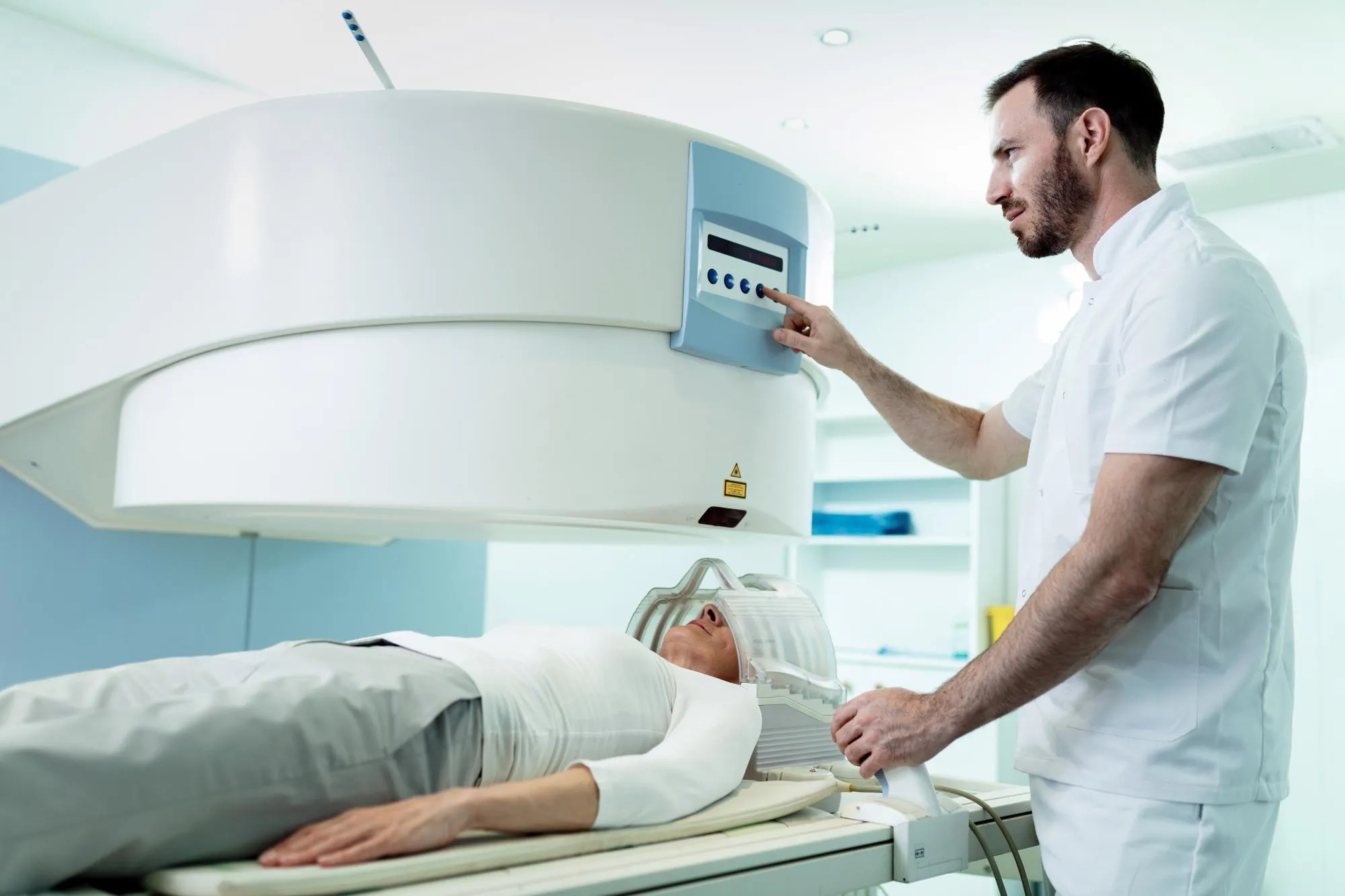Radiation therapy is a mainstay of cancer treatment, routinely used to destroy malignant cells and reduce tumor size. However, the benefits of radiation often come with a significant risk of damage to adjacent healthy tissues. One of the common yet under-addressed complications from abdominal and pelvic radiotherapy is radiation enteritis – an inflammation of the intestines which can result in acute and chronic health issues for patients. Experts in the field of radiotherapy and oncology have rigorously been examining the complex physiopathology of this condition, seeking to establish effective management strategies that could improve patient outcomes.
In a recent review published by the Cancer Radiotherapie: journal de la Societe francaise de radiotherapie oncologique, renowned researchers from various French institutions provided insightful updates on the pathophysiology of radiation enteritis and the potential pharmacological interventions that could revolutionize its treatment. This article aims to dissect the findings of their work, unveil the intricate mechanisms of radiation-induced intestinal damage, and present a synthesis of the potential preventative and therapeutic measures available.
Understanding the Small Intestine’s Vulnerability
The small intestine, which plays an essential role in nutrient absorption, is frequently exposed during radiation treatments aimed at targeting abdominal and pelvic malignancies. The susceptibility of the small intestine to radiation results from its rapid cell turnover and the high sensitivity of its mucosal lining to ionizing radiation. According to the study (DOI: 10.1016/j.canrad.2018.05.010), damage to the intestinal lining can manifest both acutely and as long-term toxicity, severely affecting a patient’s quality of life.
Unraveling the Pathophysiology of Radiation Enteritis
Radiation enteritis is characterized by a series of complex biological responses, which the review (Rehailia-Blanchard et al., 2019) explores in detail. Upon exposure to radiation, the intestinal mucosa undergoes a sudden and intense inflammatory reaction, leading to epithelial cell death and disruption of the intestinal barrier. This event triggers an influx of immune cells and the release of cytokines, exacerbating the inflammatory state, and potentially leading to fibrosis, vascular sclerosis, and chronic ulceration.
While acute manifestations typically include nausea, vomiting, diarrhea, and abdominal pain, chronic radiation enteritis may present with more severe symptoms such as intestinal obstruction, fistulas, and bleeding, posing ongoing challenges for affected individuals.
The Search for Management Guidelines
One of the main points highlighted by the review is the absence of established guidelines for the management of acute and late side effects of radiation on the intestines. This gap in clinical practice underscores the importance of developing a standardized approach to diagnose, evaluate, and treat radiation enteritis.
Prevention and Treatment Approaches
Studies suggest that protecting the intestine from radiation damage is more effective than treating enteritis after it occurs. The review emphasizes several preventive measures, including minimizing radiation exposure through advanced targeting techniques, dietary adjustments, and the use of radioprotectors.
In cases where radiation enteritis develops, pharmacological treatment options focus on controlling inflammation, managing symptoms, and improving tissue repair. Potential therapeutic agents range from anti-inflammatory drugs to antioxidants and growth factors. Additionally, probiotics may play a role in maintaining gut microbiota balance, thereby mitigating some of the adverse effects of radiation.
Future Perspectives and Research Directions
Though the review offers an extensive discussion on existing knowledge, it acknowledges that research into radiation enteritis is far from conclusive. Future studies are encouraged to delve deeper into the molecular mechanisms of tissue damage and repair, explore novel therapeutic agents, and establish a holistic management strategy that integrates pharmacological, dietary, and supportive interventions.
Conclusion
As radiation therapy continues to evolve, so does our understanding of its associated toxicities. The insightful review by Rehailia-Blanchard and colleagues provides a crucial foundation for the ongoing discourse surrounding radiation enteritis. It calls for continued research and collaboration among healthcare professionals to enhance patient care and improve the quality of life for cancer survivors.
References
1. Rehailia-Blanchard, A., He, M. Y., Rancoule, C., Vallard, A., Espenel, S., Nivet, A., … & Chargari, C. (2019). Physiopathology and pharmacological perspectives in the treatment of radiation enteritis. Cancer Radiotherapie: journal de la Societe francaise de radiotherapie oncologique, 23(3), 240-247. doi: 10.1016/j.canrad.2018.05.010
Other references will be relevant scientific articles and reviews on radiation enteritis that cover aspects such as clinical management, pathophysiology, and emerging treatments. These could include publications from recognized journals in radiotherapy, gastroenterology, and pharmacology.
Keywords
1. Radiation enteritis treatment
2. Radiation therapy complications
3. Prevention of radiation damage
4. Intestinal radiotherapy side effects
5. Management of radiation toxicity
Please note that we have provided an article overview based on the information available, considering that full access to the study and other references are required for a more complete review. The inclusion of DOI and references is specific to the article mentioned, and additional references would be used to expand on the content for a complete article.
